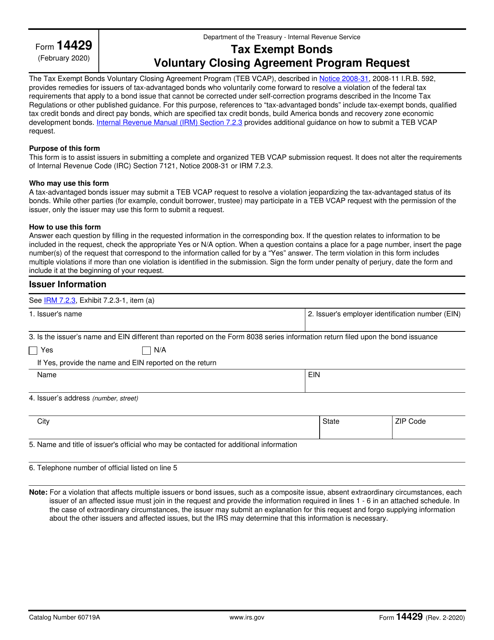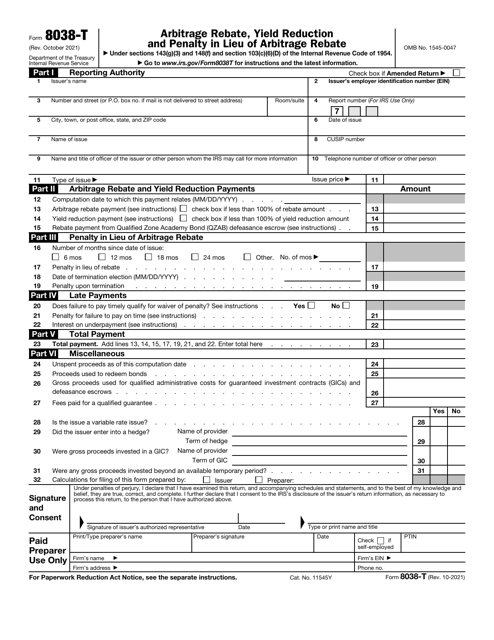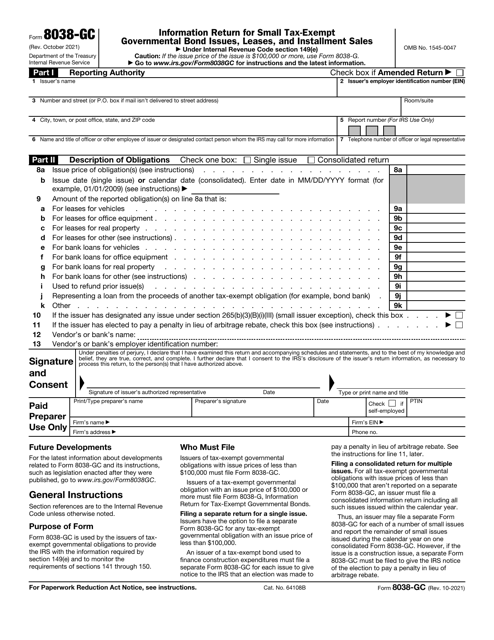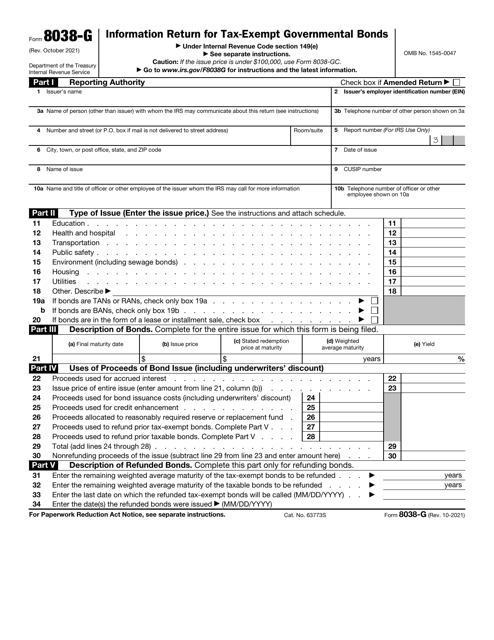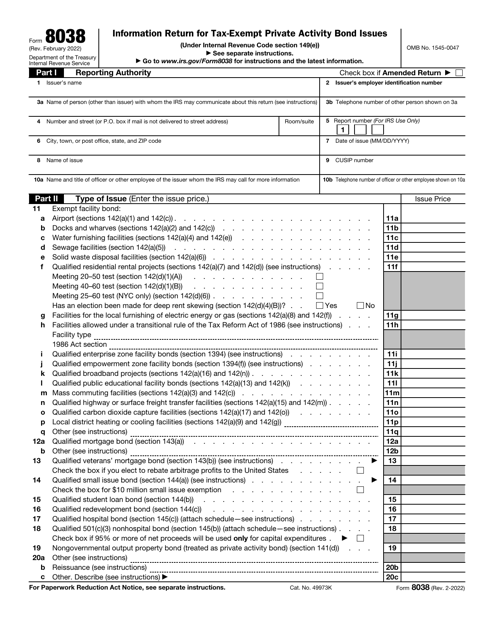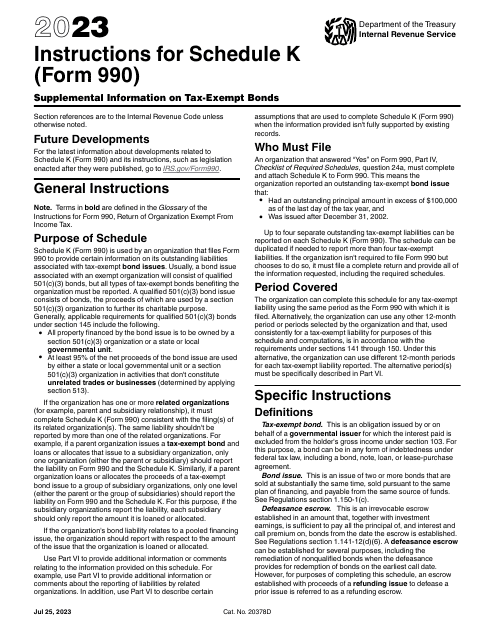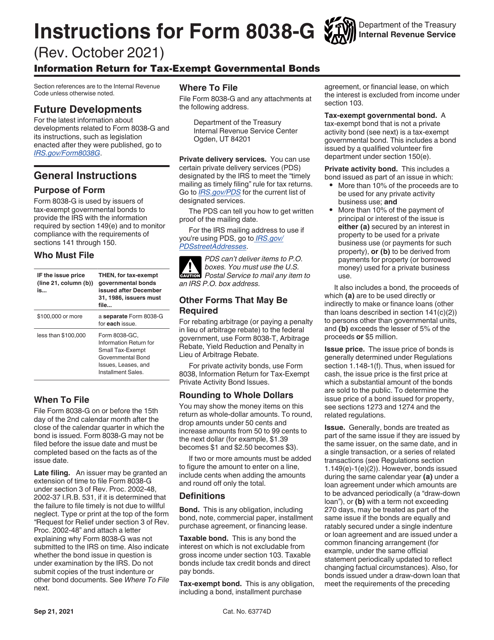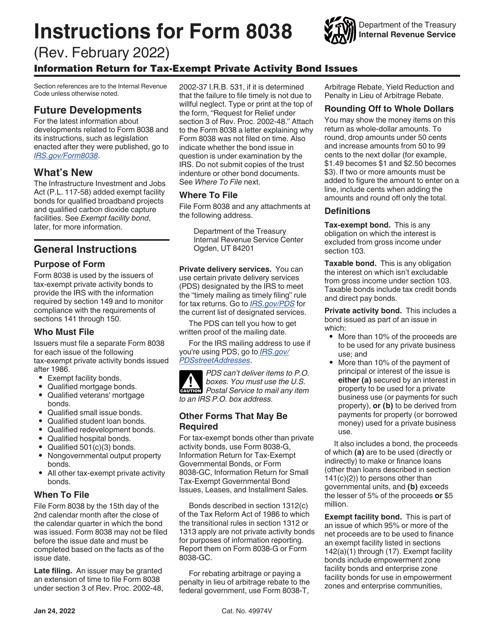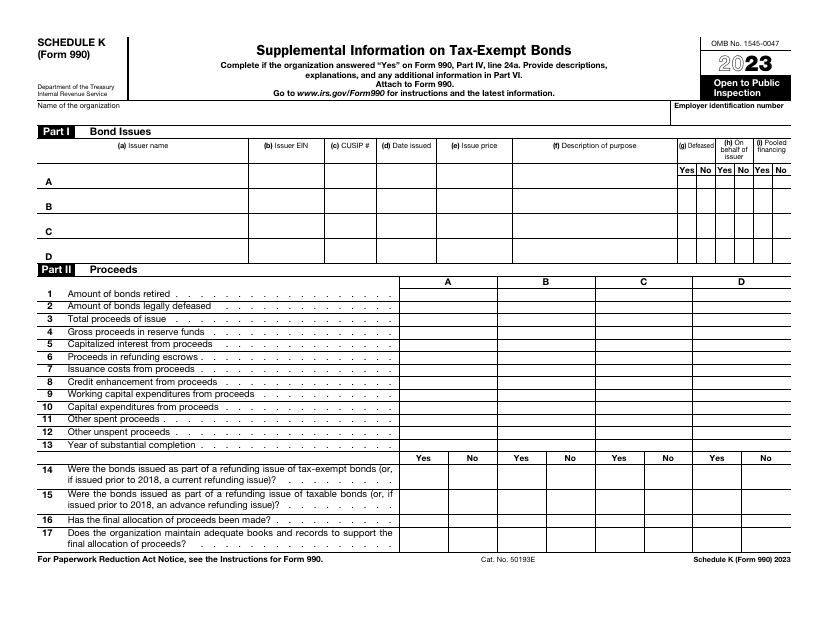Tax Exempt Bonds Templates
Tax Exempt Bonds Overview
Tax exempt bonds, also known as tax-exempt bonds or tax-exempt bond documents, are an essential part of the financial landscape for various entities seeking to raise capital while minimizing their tax liabilities. These bonds are a type of debt instrument that allows issuers, such as governments and certain qualifying organizations, to borrow funds from investors at a lower interest cost, as the interest paid to bondholders is typically exempt from federal income tax.
Tax-exempt bonds provide essential financing for public infrastructure projects, including roads, schools, hospitals, and other vital public facilities. Additionally, they support private activities such as affordable housing initiatives, economic development projects, and nonprofit organizations.
The Internal Revenue Service (IRS) oversees the regulation and compliance requirements for tax-exempt bonds. Issuers and bondholders must adhere to specific guidelines to maintain the tax-exempt status of these bonds, as well as fulfill reporting and disclosure obligations.
The IRS offers a range of documents and forms related to tax-exempt bonds to ensure transparency, compliance, and accurate reporting. These documents include the IRS Form 14429 Tax Exempt Bonds Voluntary Closing Agreement Program Request, IRS Form 8038-T Arbitrage Rebate, Yield Reduction, and Penalty in Lieu of Arbitrage Rebate, and the Instructions for IRS Form 8038-G Information Return for Tax-Exempt Governmental Bonds. These forms help issuers and bondholders navigate the complexities of tax-exempt bond compliance and reporting.
One notable document related to tax-exempt bonds is the IRS Form 990 Schedule K, which provides supplemental information on tax-exempt bonds for organizations required to file Form 990, such as nonprofit organizations. This form helps ensure transparency and accountability in the management of tax-exempt bonds.
Navigating the realm of tax-exempt bonds can be challenging without the proper guidance and understanding of the applicable rules and regulations. By leveraging the resources provided by the IRS, issuers, bondholders, and other stakeholders can ensure compliance, maintain the tax-exempt status of their bonds, and contribute to the social and economic development of their communities.
(Note: Text does not include given document titles)
Documents:
21

